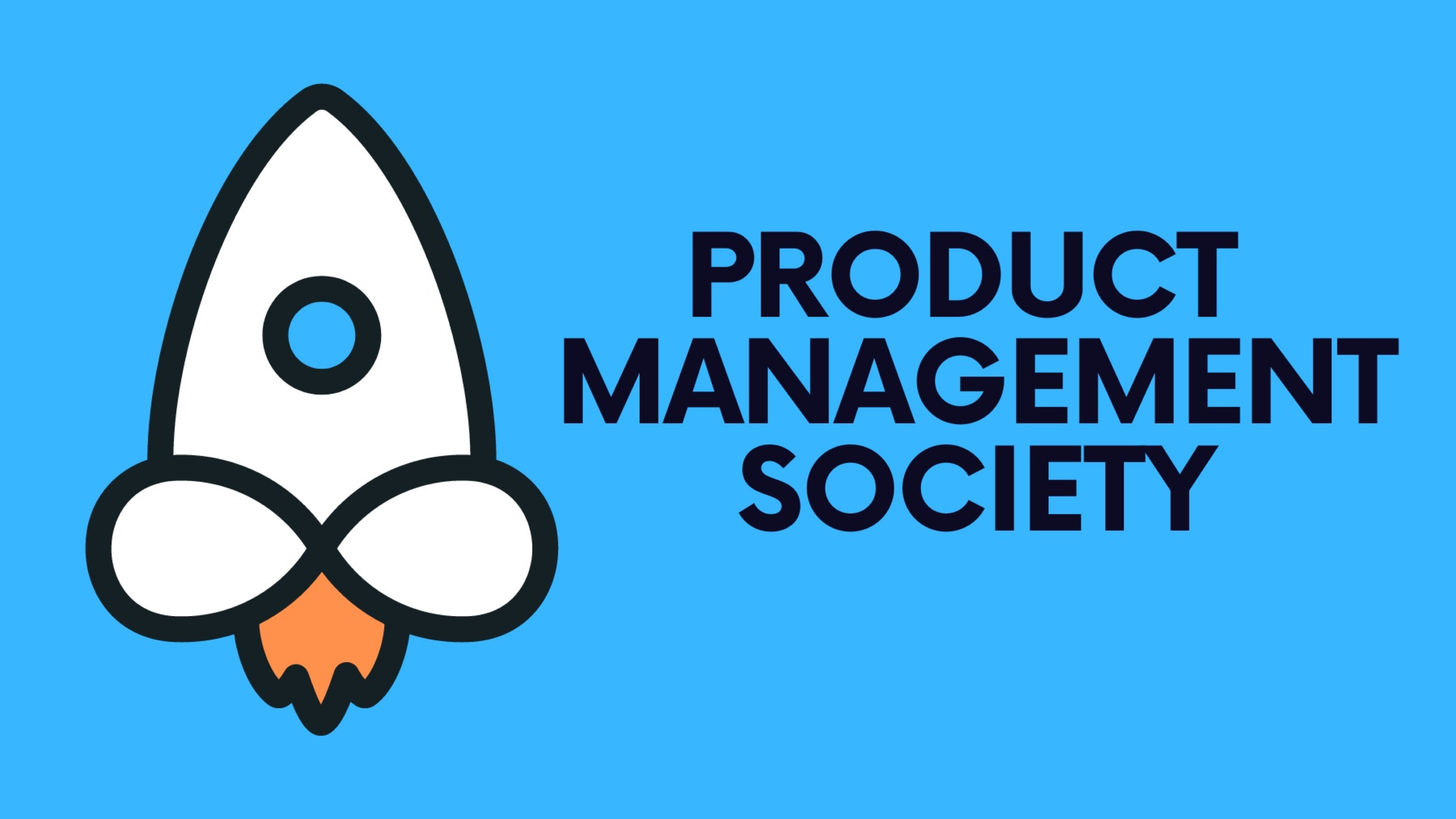In the realm of business operations and development, the roles of product managers and project managers are often confused. Both positions play crucial, yet distinct roles within a company. Understanding the differences between these two roles is essential for effective team dynamics and achieving business goals. This article clarifies the unique responsibilities and skills associated with each role.
1. Defining the Roles
Product Manager:
- A product manager defines the why, what, and when of the product that the engineering team will build. Their primary focus is on the product’s overall vision, strategy, and functionality. They are responsible for identifying customer needs, setting the product roadmap, and leading the product through various lifecycle stages to ensure it meets market demands.
Project Manager:
- A project manager focuses on the how and when of completing projects. They are responsible for planning, executing, and finalizing projects within strict deadlines and budgets. This includes acquiring resources and coordinating the efforts of team members and third-party contractors or consultants to deliver projects according to plan.
2. Key Responsibilities
Product Manager Responsibilities:
- Develop and prioritize product features based on market research.
- Define the product vision and strategic direction.
- Align product strategy with business objectives.
- Collaborate with cross-functional teams including marketing, sales, and customer support.
Project Manager Responsibilities:
- Develop detailed project plans, ensuring resource availability and allocation.
- Manage changes to project scope, schedule, and costs using appropriate verification techniques.
- Measure project performance using appropriate tools and techniques.
- Deliver every project on time, within scope, and within budget.
3. Skill Sets
Product Manager Skills:
- Strong market knowledge.
- Customer-centric innovation.
- Strategic thinking and vision.
- Proficiency in product-related metrics.
Project Manager Skills:
- Excellent organizational skills, including attention to detail and multitasking.
- Strong working knowledge of project management tools.
- Excellent client-facing and internal communication skills.
- Strong leadership skills.
4. Collaboration and Interaction
- Product managers often work more closely with the market, the end-users, and the business side to ensure the product fits the market needs.
- Project managers typically work closer to the operations side, managing the team’s workflow and ensuring that each project step is effectively executed and communicated.
5. Career Path and Progression
- Product Managers can advance into roles such as Director of Product, VP of Product, or even Chief Product Officer.
- Project Managers can progress to senior roles like Senior Project Manager, Program Manager, or Director of Project Management.
Conclusion
While there may be some overlap in skills and some collaborative efforts between product managers and project managers, their roles and objectives are distinctly different. Product managers are primarily concerned with the success and coherence of the product, whereas project managers are focused on the successful execution of specific projects. Understanding these differences is crucial for organizations to effectively structure their teams and for individuals to pursue the path that best fits their skills and career aspirations.
If you’re finding this newsletter valuable, consider sharing it with friends, or subscribing if you aren’t already. Also, consider coming to one of our Meetups and following us on LinkedIn ✨
Thanks for reading Product Management Society! Subscribe for free to receive new weekly posts 🚀







